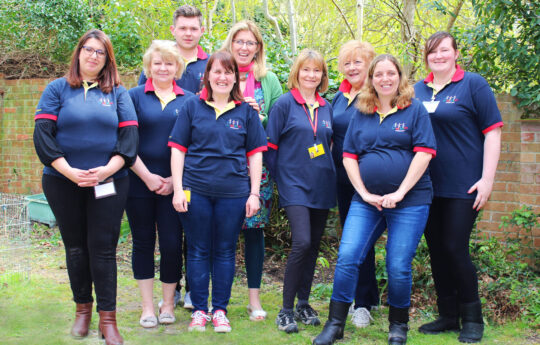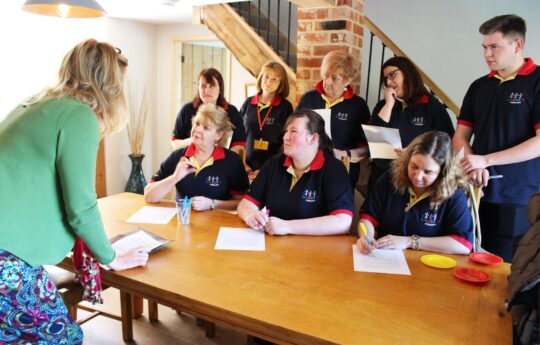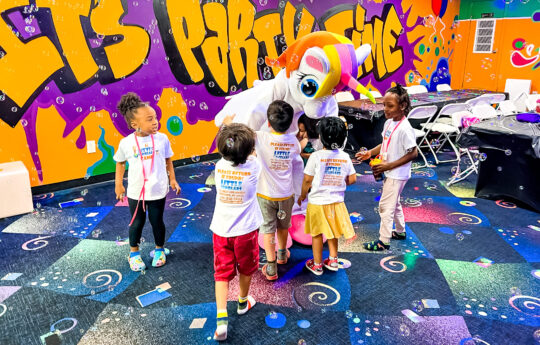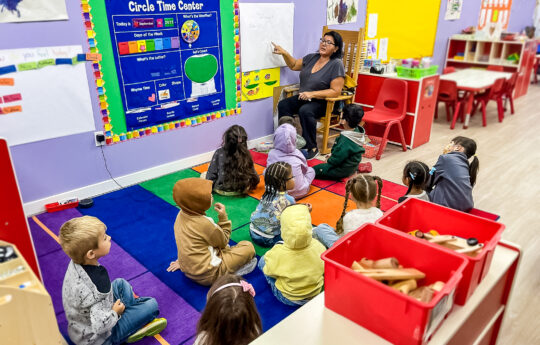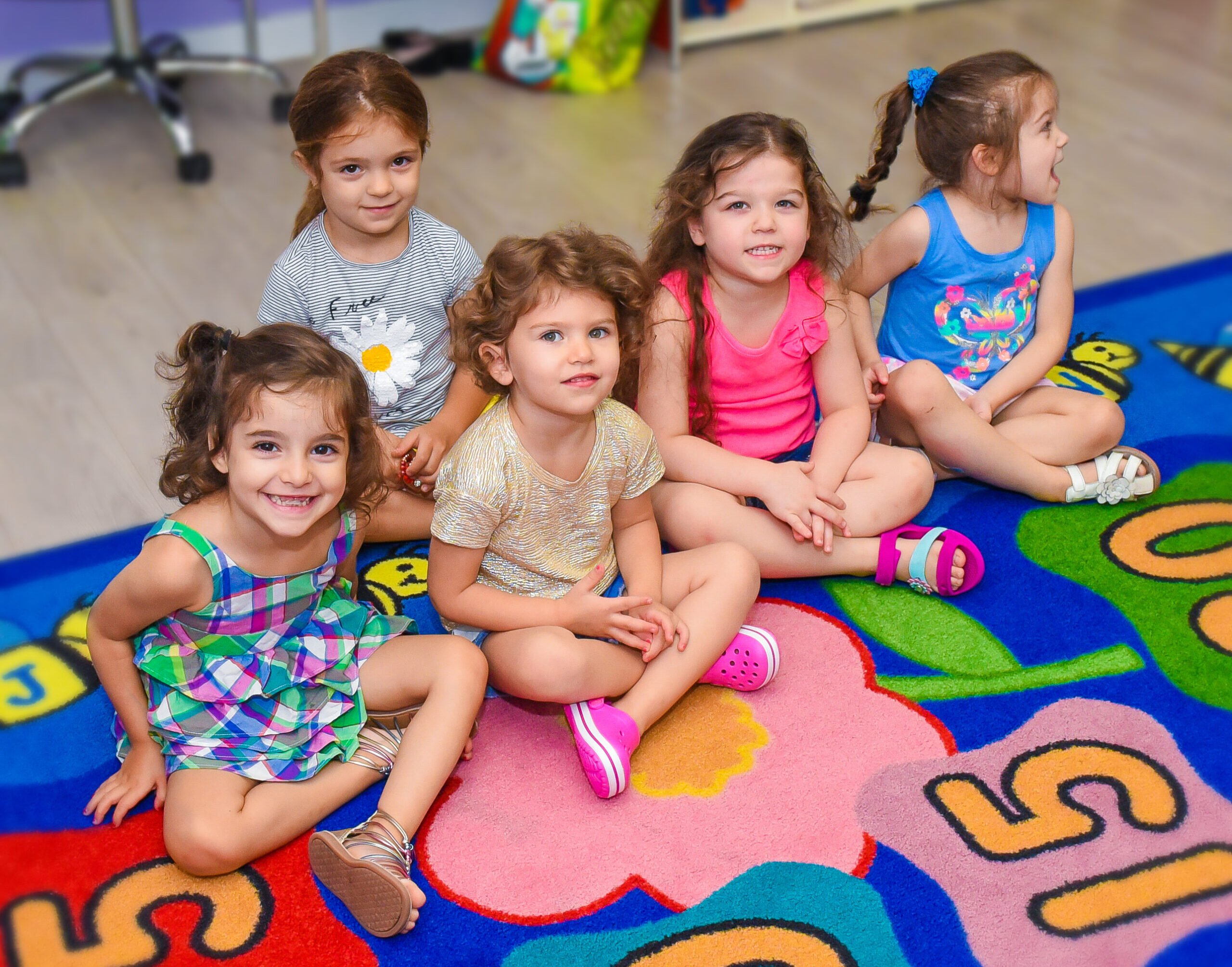
Preschool education is a very important part of the early childhood life of your little one. Different preschool programs are aimed at the formation of general culture, the development of physical, intellectual, social, aesthetic, and personal qualities.
Key principles:
- Education is age-appropriate for each group
- The modern individual approach is conducted for every child
- Upbringing is carried out based on the individual characteristics of each child
- The child is recognized as a WHOLE individual with personal needs
- Learning through playing is a must
- Children learn about the diversity of socio-cultural differences in the community
- The caregivers support the child’s initiative in all activities
- There is constant communication between the teachers and families
What does preschool mean in terms of the US educational system?
Preschool education in the United States of America is provided in nurseries, kindergartens, developmental schools, and preschools. The government actively stimulates the improvement of the educational functions of preschool institutions.
The main assistance is provided by the Department of Education. The governmental support helps the local communities get top-quality educational services. Some families receive financial assistance for preschool education and preparation for school.
How old are kids in preschool?
Currently, the preschool education system is as follows:
- nursery
- 3-k
- pre-k
Preschool program definition may vary in different establishments. Usually, the nursery daycare centers welcome babies up to 2 years old. There is also possible to get into the preschool group of 2-year-old and the mixed-age one.
3-k groups consist of children who are of the same age but born with a small difference in a few months. And for the pre-k, the kids of 5 and 6 years old will have their own age-appropriate group.
The result of this group separation of children in the process of upbringing serves as an increasing factor in raising the level of education. Thus, the child’s abilities and chances of success in schooling increase if they learn to do so from early childhood. Anything that kids don’t learn at a young age is very difficult to make up for in the future.
How long is preschool?
Preschool education in the United States begins with nurseries. Professionally trained caregivers pay special attention to the babies of a very early age. The classes are safe and welcoming for the infants’ pastimes.
The 3-k educational process is concentrated on the fast development of a child’s personality at the age of 3 and 4 years old. All of the classes are fully equipped with everything necessary. It creates the best conditions for carrying out physical, emotional, or mental activities that improve the child’s comprehensive development.
Upon reaching the age of five, the children enter pre-k, which is essentially grade zero in high school. Here the child passes a slow transition from games to educational programs that improve the perception of information. At this age children are obtaining the following:
- reading
- writing
- calculating
- constructing
- designing
Note! American experts believe that this time is ideal for acquiring fundamental knowledge and forming the personality of a little student.
What is preschool classification?
The US system of preschool education may be provided in several ways depending on the establishment or institution. Each one involves classes with children of a certain age and according to individual scenarios and programs.
All these children’s institutions are working in accordance with the preschool curriculum program of DOE. This program embodies all the values of the American educational system: tolerance, openness, skill development, and leadership qualities.
Private Institutions
Private preschools are the most common in the United States. Nowadays they make up about 60% of American children. These types of institutions are characterized by diversity related to the choice of the educational approach.
The entire educational process in private institutions is aimed at developing independence, individual responsibility, freedom of thought, and private space. In this sense, they are given a choice: who to be friends with, where and what to play, what to read, etc.
State Institutions
State institutions are a bit less popular among the parents. This is due to a number of significant disadvantages like a large number of children in a group where there is not enough attention for everyone.
Oftentimes, the state institutions are not able to cope with huge queues of the families eager to sign up for the daycare.
Church Institutions
The church preschool is one of the popular educational institutions. There is a reliable position of such establishments as the kids are in good hands and the caregivers are able to deliver an appropriate level of education.
Usually, the representatives of the institutions systematically update the families with the news and important information. Parents can familiarize themselves with the schedule, menu, everyday activities list, and other information on the websites or apps like Brightwheel.
In addition, there are special social media groups on Instagram and Facebook where parents express their opinions on the daycare pastime, share some thoughts, and communicate with other families.


